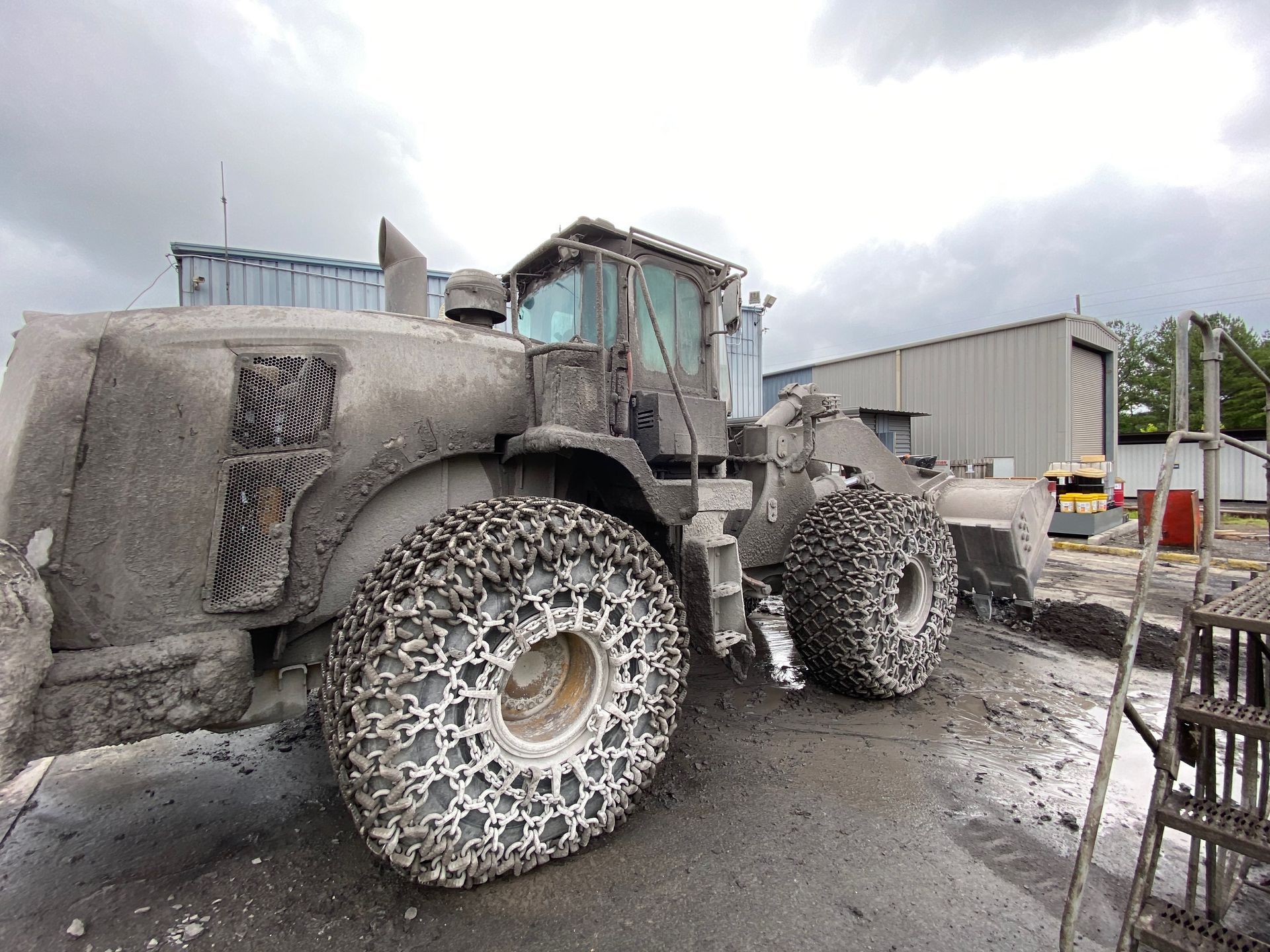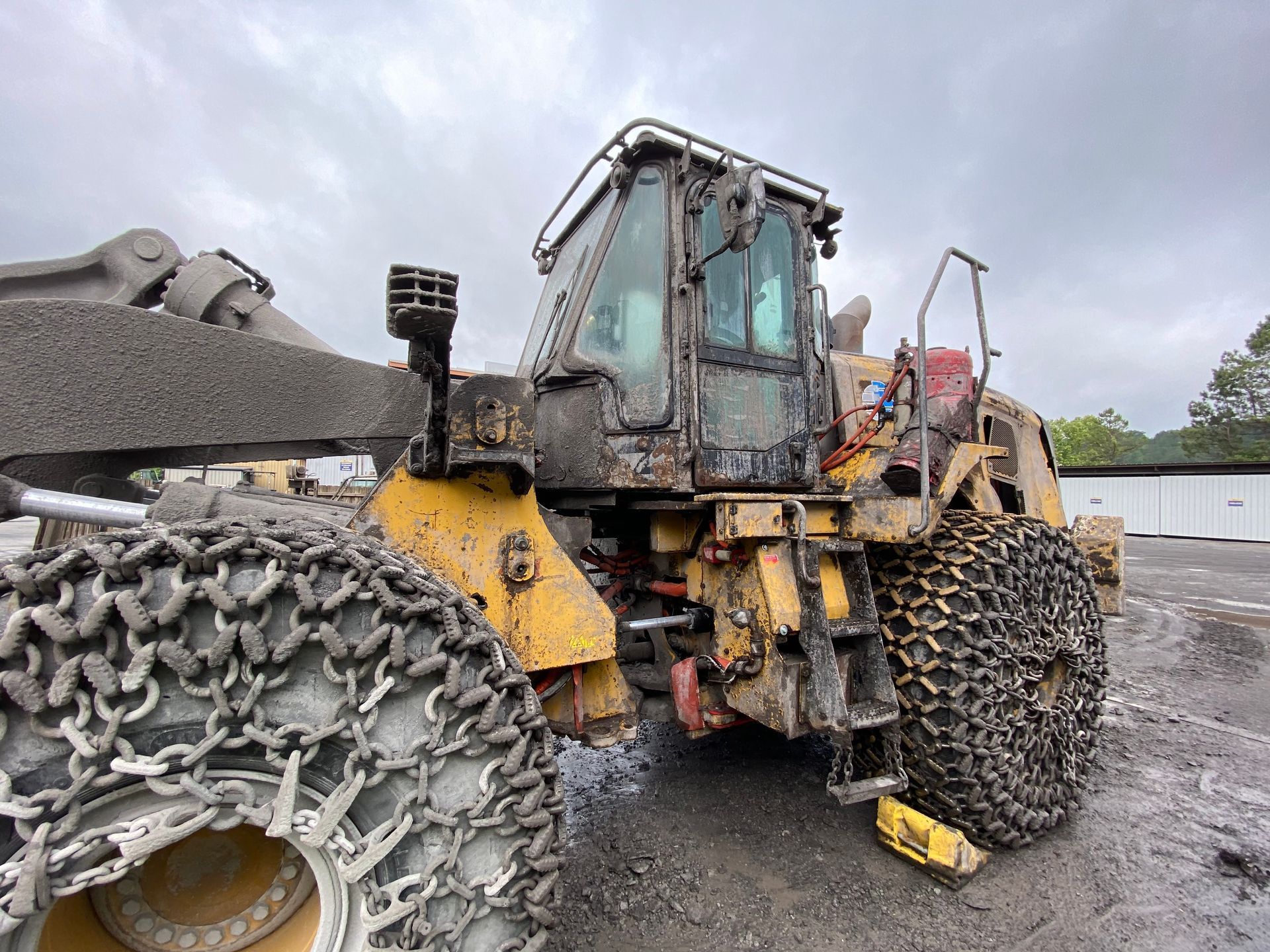Steel
Cleaning Cost Calculator
Calculate your cleaning costs based on acid concentration, equipment, and job requirements
Job Parameters
Cost Breakdown
Solution Details
Quick Comparison
| Concentration | Diluted | Acid Cost | Total Cost | Efficiency |
|---|
Cleaning Cost Calculator
Calculate your cleaning costs based on acid concentration, equipment, and job requirements
Job Parameters
Cost Breakdown
Solution Details
Quick Comparison
| Concentration | Diluted | Acid Cost | Total Cost | Efficiency |
|---|
Cleaning Cost Calculator
Calculate your cleaning costs based on acid concentration, equipment, and job requirements
Job Parameters
Cost Breakdown
Solution Details
Quick Comparison
| Concentration | Diluted | Acid Cost | Total Cost | Efficiency |
|---|
STEEL
Industrial Cleaning Solutions for the Steel Industry
Remove Slag, Scale, and Heavy Residues
Break down stubborn buildup to keep your equipment performing at its best.
Cut Through Grease and Oil
Clean machinery and components to reduce contamination and improve maintenance efficiency.
Protect Against Corrosion
Safeguard valuable equipment from rust and deterioration in harsh environments.
Custom Solutions for Large-Scale Operations
Bulk supply, tailored formulations, and on-site support to meet your specific needs.
Reduce Downtime, Save Costs
Maintain cleaner equipment to extend its life and keep production running smoothly.


FAQs
What are the different types of degreasers?
Surfactant-based degreasers use detergents to lift and suspend grease, making them safer on most surfaces and ideal for regular maintenance. Caustic-based degreasers rely on strong alkaline chemistry to break down heavy, baked-on residues, delivering powerful results for the toughest industrial cleaning jobs. Choosing the right type ensures effective cleaning while protecting equipment and meeting your safety requirements.
How do stage and lime removers work?
Slag and lime removers use targeted chemistry to break down tough mineral deposits so they can be easily rinsed away. Slag removers dissolve oxides and high-temperature residues left on steel-making equipment, molds, and tools. Lime removers react with calcium carbonate, converting it into water-soluble compounds while protecting the underlying metal.
What to avoid when cleaning heavy equipment?
When cleaning heavy equipment, avoid using overly aggressive chemicals that can damage paint, rubber seals, or sensitive components. Skip high-pressure spray directly at electrical panels, bearings, or hydraulic seals to prevent water intrusion and premature wear. Also avoid letting cleaning agents dry on surfaces, as this can cause staining, corrosion, or residue buildup.


